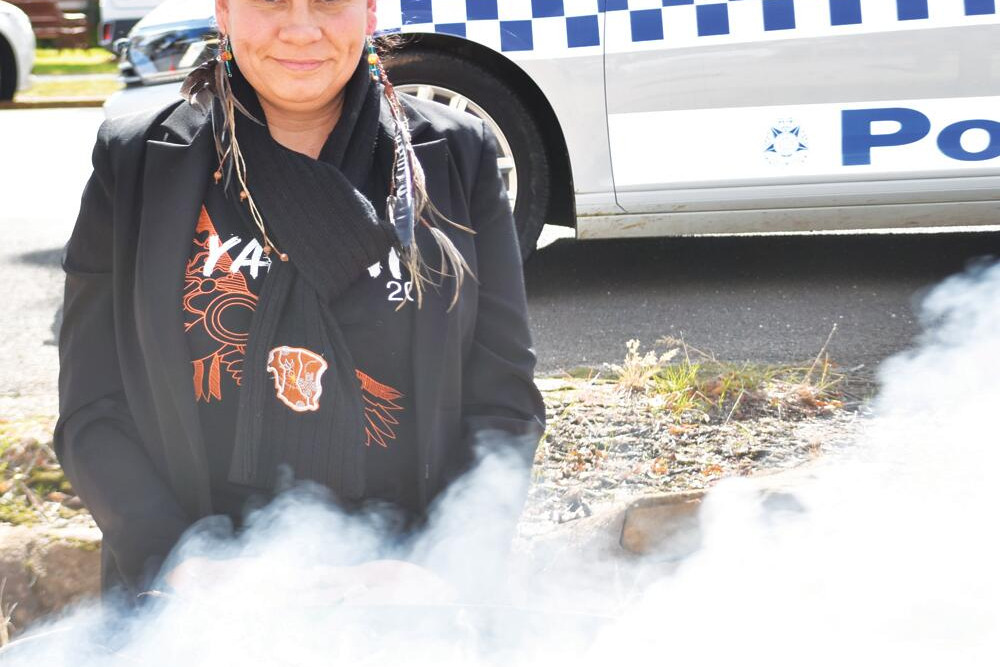General News
5 February, 2023
Saying once 'is enough'
AN UPDATED policy that would have required all Loddon Shire councillors and staff to individually give an acknowledge of Aboriginal traditional ownership at events and meetings has been sent back to the drawing board. A majority of councillors...

AN UPDATED policy that would have required all Loddon Shire councillors and staff to individually give an acknowledge of Aboriginal traditional ownership at events and meetings has been sent back to the drawing board.
A majority of councillors rejected the new the Acknowledgement of Traditional Owners and Welcome to Country Policy with some questioning the change from “country” to “owners” at last Tuesday’s meeting.
Cr Gavan Holt said the first shire representative to speak at functions represented the organisation.
“How is respect enhanced by 10 people doing it (a welcome)?” he asked.
Cr Neil Beattie said he shared the opinion of Cr Holt.
“Once it’s been said, I don’t the need for the acknowledgement to be done again,” said Cr Beattie.
He said at Australian Local Government Association conferences the acknowledgement could be given at least 20 times and “it gets overbearing”.
But Cr Wendy Murphy said it was the right of subsequent speakers at functions whether to give an acknowledgement.
And Cr Linda Jungwirth said while she could see limiting acknowledgement to one speaker could “help the event run more smoothly ... people will do the acknowledgement if they want”.
Community wellbeing director Wendy Gladman said the previous policy said there would be only one acknowledgement but there were other agencies that might choose to given their own acknowledgment.
“We haven’t specifically excluded Loddon councillors or staff with the understanding that some staff or councillors may wish to have their own acknowledgement as they speak as well,” Mrs Gladman said.
Cr Holt asked why council had changed its position. Mrs Gladman said: “It was probably a little bit of an oversight in the wording ... subsequent speakers may choose what’s in the state guidelines when representing other agencies.”
Mrs Gladman said the policy could be amended to reflect who gave the acknowledgement on behalf of the council.
Cr Holt said it would be the “call” of non-Loddon speakers to give an acknowledgment.
“The first person to speak represents us and shows our respect,” he said.
Cr Holt said he found the policy patronising and did not to support First Nations people and the challenges they were facing in Alice Springs.
“I am concerned about what is happening in Alice Springs at the moment,” he said.
The recommendation to adopt the new policy, that would define acknowledgement of Dja Dja Wurrung as traditional owners, was defeated with only Cr Murphy and Cr Jungwirth in favour.
Cr Jungwirth said: “People need to be allowed to make their own decisions on what they can say.
“I find it (the policy) respectful ... shows more thoughtfulness and inclusion (to Dja Dja Wurrung).
Cr Murphy said: “We should be respecting everyone who is invited to an event and they say what they like.
The land was never ceded and the policy recognises Dja Dja Wurrung,” said Cr Murphy.
A subsequent motion to defer consideration was moved by Cr Holt who said he agreed with most of the updated policy. That motion was carried.
Mrs Gladman’s report considered by councillors said key changes in the new policy included:
changing from Acknowledgement of Country to Acknowledgement of Traditional Owners to more accurately reflect the action being undertaken;
changing of the term ‘custodian’ to ‘owner’ to reflect the change in language at State Government level;
The inclusion of only the Dja Dja Wurrung people to be referenced by name, reflecting State Government guidelines indicating that a reference to a specific traditional owner group in an acknowledgement is completed for formally recognised Traditional Owners on the land which your event is taking place.
Her report also said: “The practice of acknowledging Traditional Owners or being welcomed to Country at official events can engender polarising opinions within the community.
“This may be balanced through the provision of supporting background information to the community and ongoing cultural awareness training for Council staff.”
Dja Dja Wurrung was contacted regarding their preferred title to be used in an acknowledgement of traditional owners as part of the updated policy preparation, said Mrs Gladman.
A revised policy is expected before council this year.